30-Hour Famine 2025: Standing Together to End Hunger
Stand with World Vision Malaysia to end child hunger. Discover how the 30-Hour Famine raised funds for nutrition, resilience and community programmes.
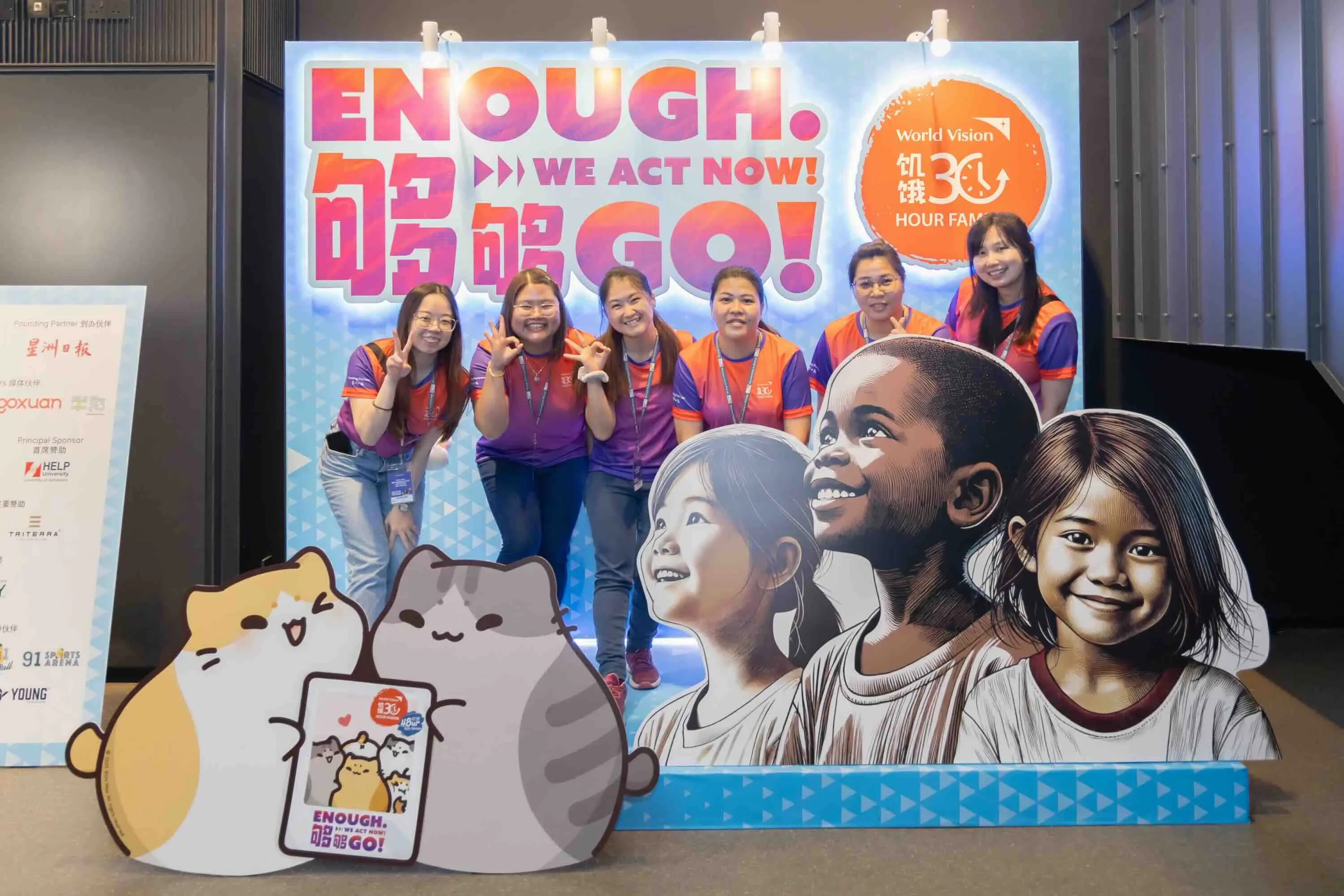
Stand with World Vision Malaysia to end child hunger. Discover how the 30-Hour Famine raised funds for nutrition, resilience and community programmes.
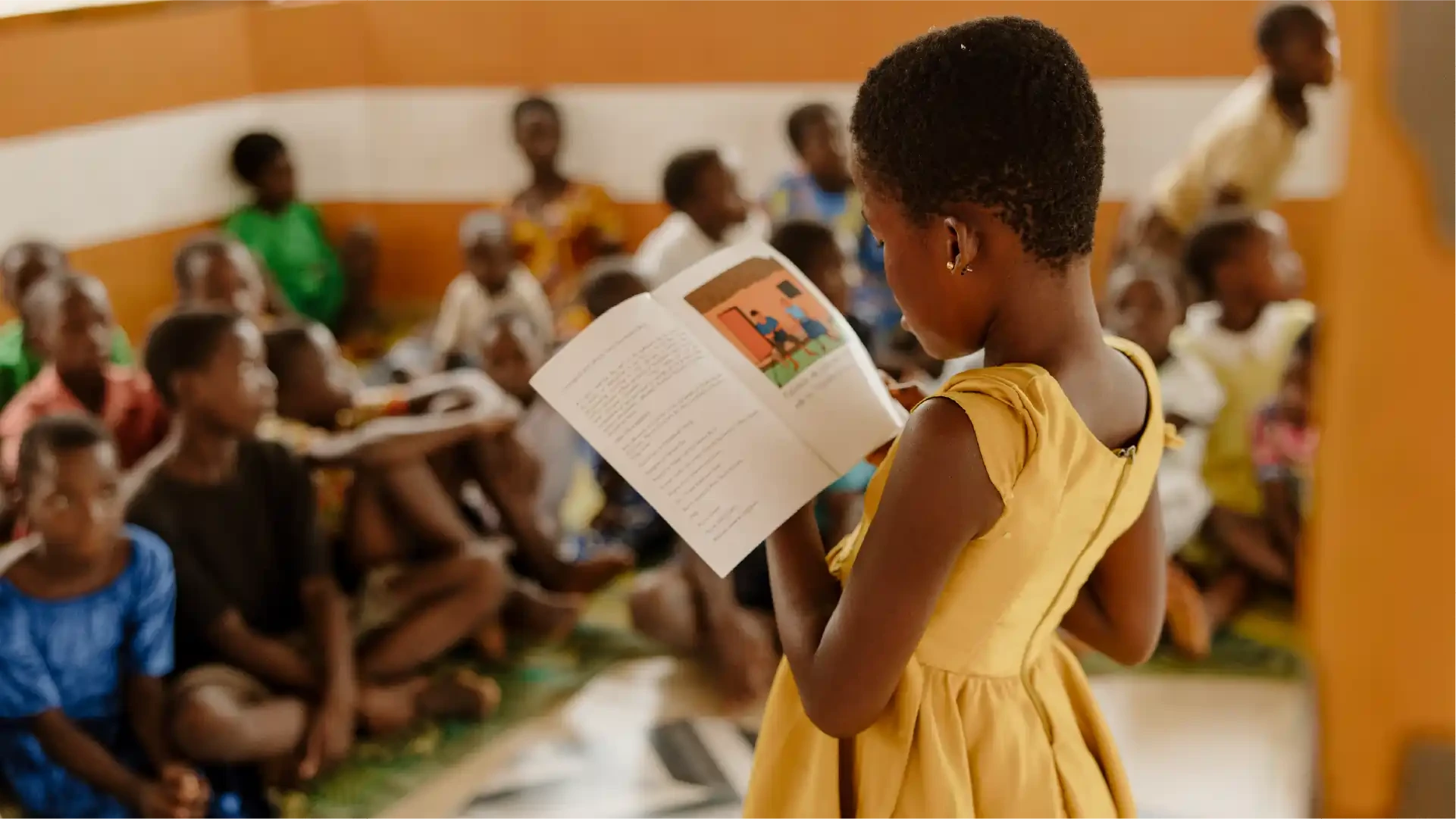
Why are girls still being denied educations? Discover the barriers to girls’ education, and how you can help through child sponsorship. Sponsor a child today.
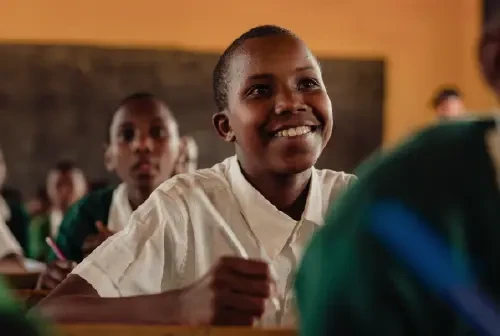
Glory once missed school every month because of her period. Now, with toilets, water and support, she walks into school with confidence, ready to learn, dream and lead.
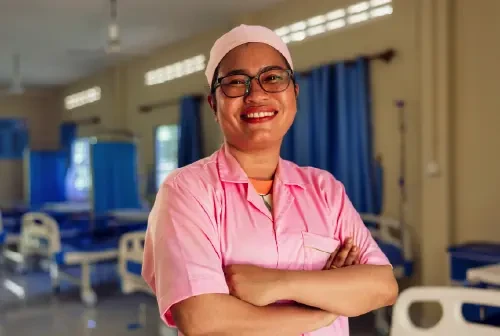
Once a sponsored child, now a midwife, Vannak brings life and hope to her village. One sponsor changed her future — now she’s transforming the lives of many.
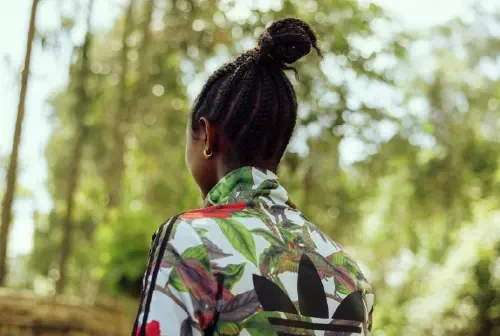
Abducted at 14 and silenced by fear, Amsalech spoke up, fought back, and won justice. Now she’s healing, learning, and chasing her dreams of becoming a doctor.

Tua Chua, Vietnam’s 15-year journey to self-sustainability: empowering families, protecting children, and building resilient livelihoods.
Be among the first to receive the latest news and updates on our work, stories of children and communities, and opportunities to make a difference.